PENGUIN BOOKS
UK | USA | Canada | Ireland | Australia
India | New Zealand | South Africa
Penguin Books is part of the Penguin Random House group of companies whose addresses can be found at global.penguinrandomhouse.com.
First published by Particular Books 2018
Text copyright Henry Eliot, 2018
The moral right of the author has been asserted
Book design by Matthew Young with help from Francisca Monteiro, Theo Inglis, Claire Mason, Richard Marston, Richard Carr, Mnica Oliveira, Tom Etherington and Mathieu Triay
ISBN: 978-0-141-99093-4
THE PENGUIN
CLASSICS BOOK
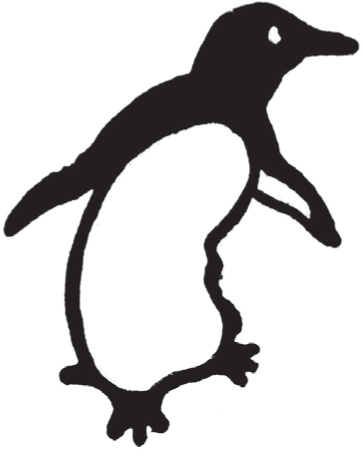
HENRY ELIOT
Henry Eliot is one of the editors of the Penguin Classics series. Before joining Penguin he organized various literary tours, including a mass public pilgrimage for the National Trust (inspired by William Morris , ). He is the author of Follow This Thread and Curiocity (with Matt Lloyd-Rose).
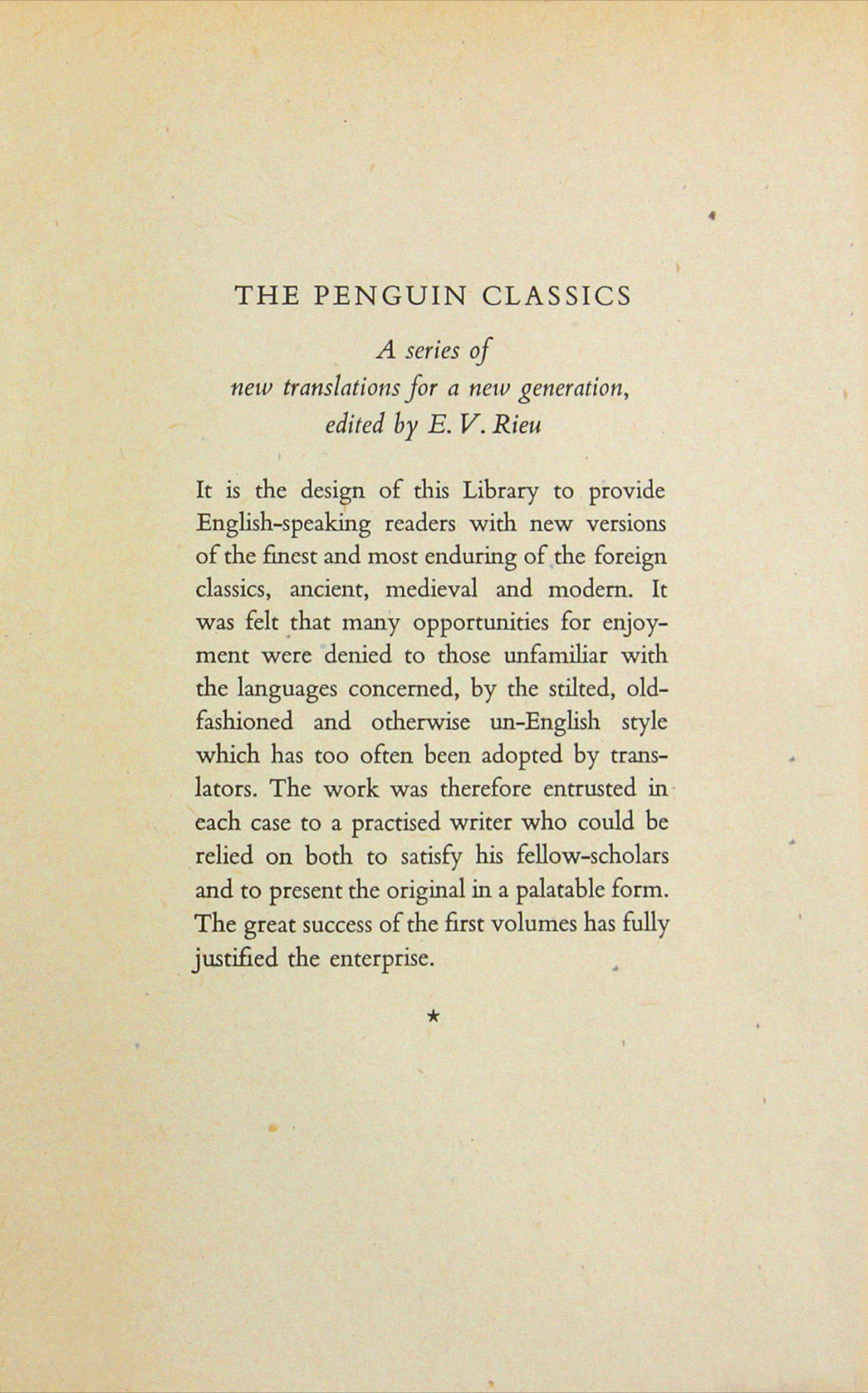
Series policy statement from the endpages of several early Penguin Classics editions.
Preface
Definition of a classic: a book everyone is assumed to have read and often thinks they have
ALAN BENNETT
Samuel Taylor Coleridge () was said to have been the last person to have read everything. Nowadays most of us need to be more selective. The 500 authors in this volume span 4,000 years of literary history, and their 1,200 books comprise over 500,000 pages of text. That means that if you found time to read 50 pages a day, every day of the week, it would take you 27 years to read them all, by which time the list would most likely have expanded further still.
This book is intended as a readers companion to the best books ever written. It is a book of suggestions and recommendations, drawing connections across the history of world literature, which will hopefully reacquaint you with old friends, introduce you to new titles and suggest ways to map your future reading. It is also a celebration of an abiding series of books, which began more than seventy years ago and has grown incrementally and idiosyncratically ever since.
Some books are undeservedly forgotten; none are undeservedly remembered.
W. H. AUDEN
Geographically and chronologically the Penguin Classics form the largest library of classic literature in the world today, and more titles join the list every year. In the 1950s, the editors were concerned they would run out: How many more titles in the classical literature of the world are there? asked Penguin editor-in-chief William Emrys Williams apprehensively, after 60 Penguin Classics had been published. He neednt have worried. As times have changed, so has this extraordinary list: the definition of classic evolves and expands to embrace new languages, formats and audiences. The titles in this volume do share three key qualities literary merit, historical significance and an enduring reputation but within those elastic parameters scholars are adopting new areas of study, translators are broadening their interests and the general reader remains hungry for new books, so the list continues to expand.
This flourishing is not always even-handed, however. A quick flick will demonstrate what a partial list it still is in places: theres a preponderance of 19th-century British fiction () literature are still missing. Also, only an eighth of the authors in this book are women, which may be because historically fewer women have written works of literature, but is more probably because many works of womens literature have been undeservedly overlooked. Publishing Penguin Classics has always been, and will continue to be, a Sisyphean task of identifying blind spots and filling the gaps.
A classic [] survives because it is a source of pleasure and because the passionate few can no more neglect it than the bee can neglect the flower.
ARNOLD BENNETT ()
This volume covers the history of literature from its origins in Mesopotamia to the end of the First World War () display a selection of Classics that have dropped out of the series over the last seven decades. Authors works are collected together, and where applicable they are all placed within the genre for which that author is best known. Each title is illustrated by its first Penguin cover. Parallel and previous Penguin Classics editions are also listed, and red dots indicate those that are out-of-print. These historical covers visualize the incremental way in which the list has accreted over time, like coral: it is the collective work of generations of editors, translators, typesetters, designers and picture researchers, all of whom have expressed preferences, eccentricities and enthusiasms to shape this living reef of world literature.
In his essay On Books, Montaigne () declares that all he seeks from his library is
to give myself pleasure by an honourable pastime: or if I do study, I seek only that branch of learning which deals with knowing myself and which teaches me how to live and die well.
I hope this book brings you some of that same pleasure and introduces you to many more years of living well with the best books in the world.
Henry Eliot
Editor, Penguin Classics
2018
The Penguin Classics
Peter and Percival lived in a place
Where the cold is too bitter for People to face,
But Peter and Percival both had contrived
To be Penguins, not People and so they survived.
On chilly nights, amidst the wail of air raid sirens and the whine of doodlebugs, a man stood on the roof of Birkbeck College in central London, scanning the skyline for fires. Emile Victor Rieu () : I went back to Homer, he recalled, the supreme realist, [] by way of escape from the unrealities that surrounded us.
Towards the end of the Second World War, with his wifes encouragement, Rieu submitted his translation to Allen Lane, the founder of Penguin Books. It was not a promising proposal on the face of it: eight versions of the Odyssey had been published between the wars, including five new translations, of which only two had sold more than 3,000 copies. Moreover, Rieu was not an established academic. He was a retired publisher of educational textbooks; his one previous publication was a 1932 collection of whimsical childrens verse called Cuckoo Calling . In a characteristically impulsive and ultimately shrewd move, however, Lane not only accepted Rieus translation of the Odyssey , he appointed him general editor of a new Penguin series, a Translation Series from the Greek, Roman and other classics.
Something important has happened, reported Reynolds News in January 1946. [] There is a new translation of The Odyssey , a very contemporary translation, and it costs only one shilling. This is revolutionary. Rieus Odyssey sold over three million copies. In fact, it was the bestselling of all Penguin books until it was finally overtaken by Lady Chatterleys Lover () .
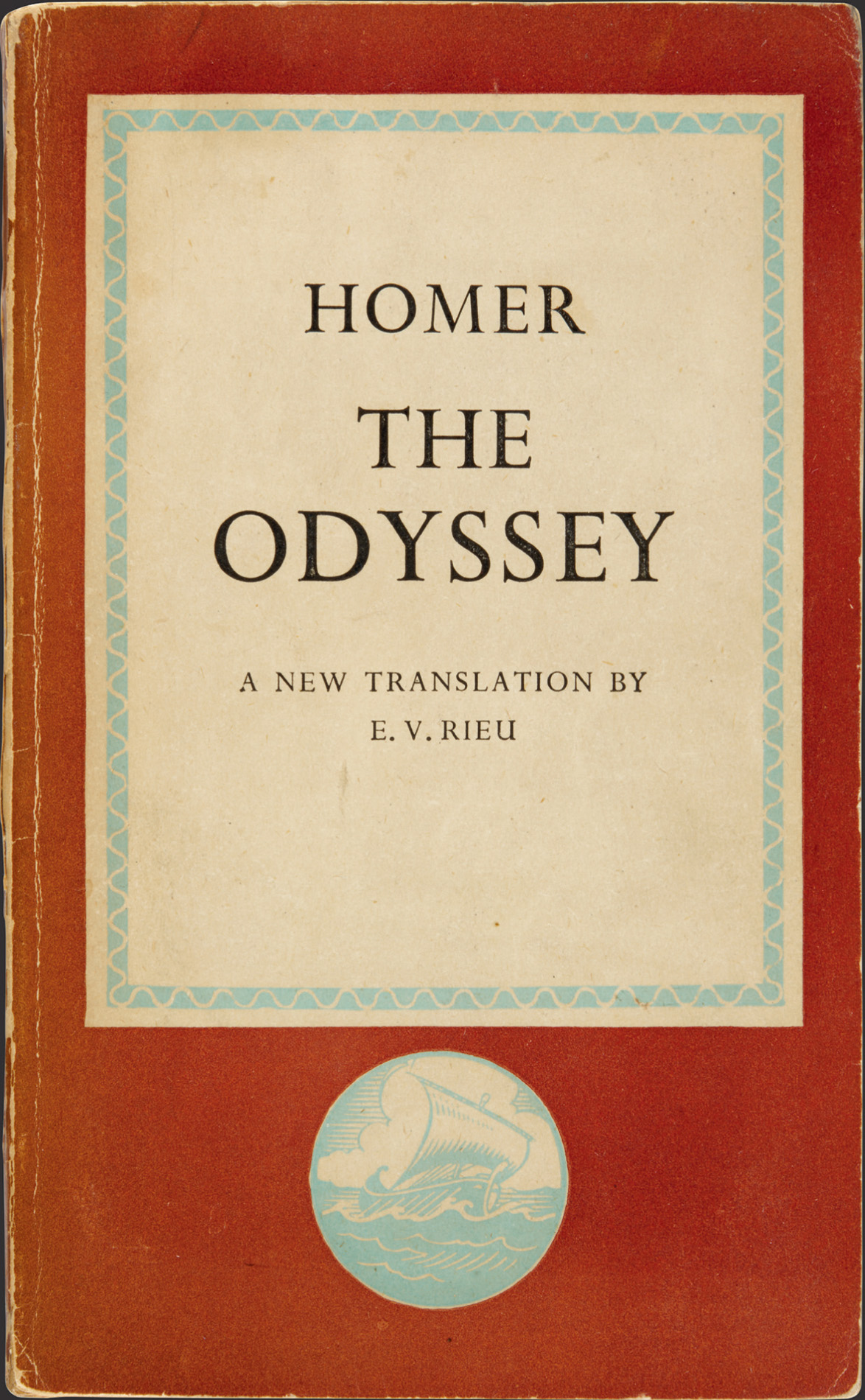
1946
trans. E. V. Rieu
(see )
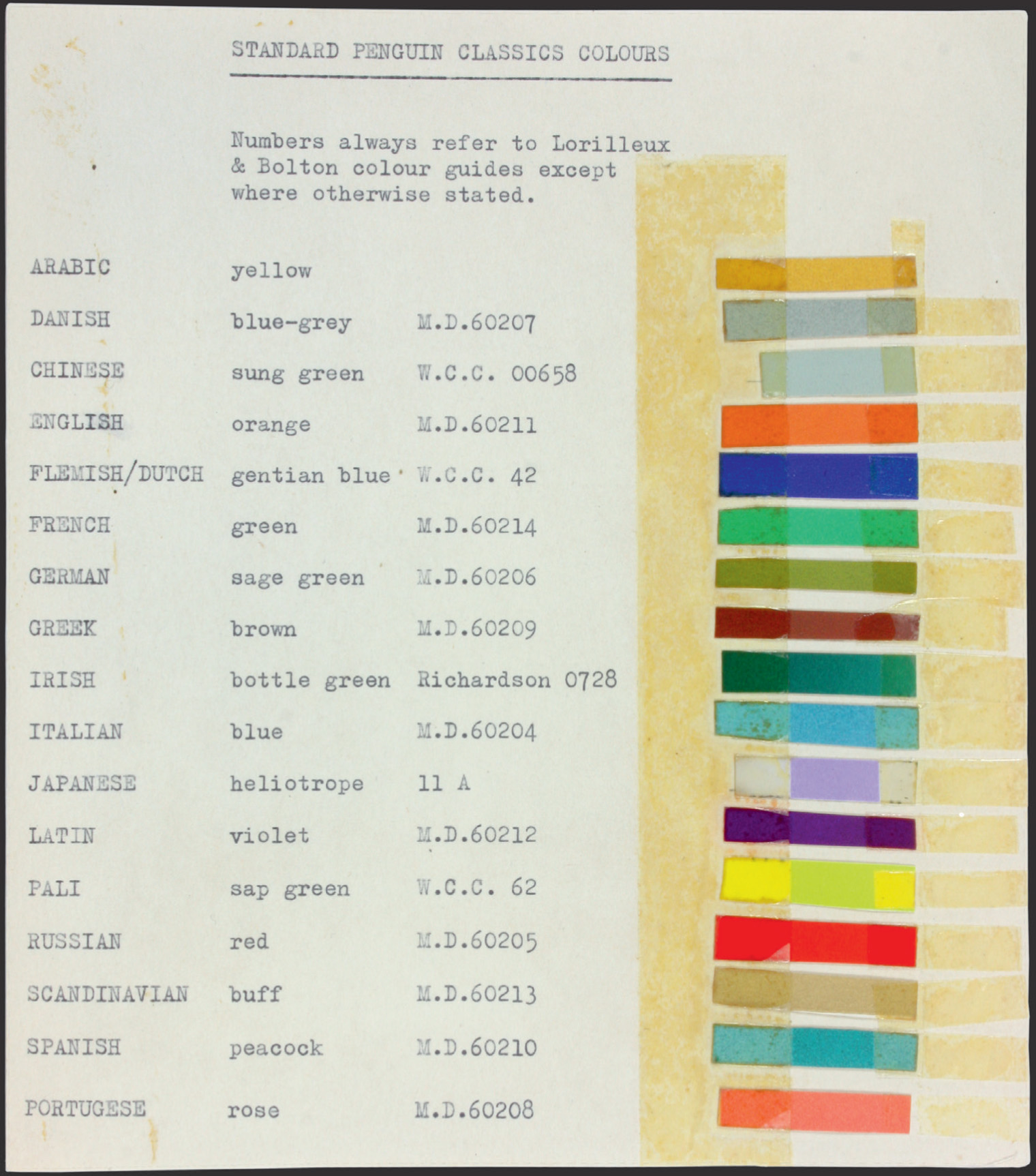
The first Classics colour palette, applied between 1946 and 1963.

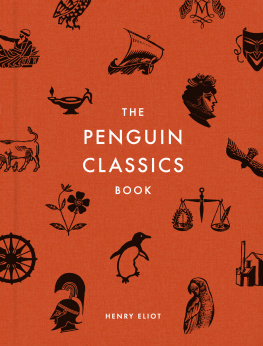
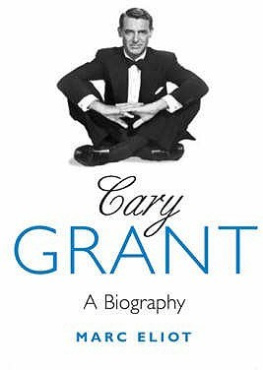
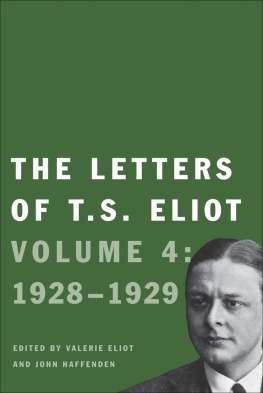
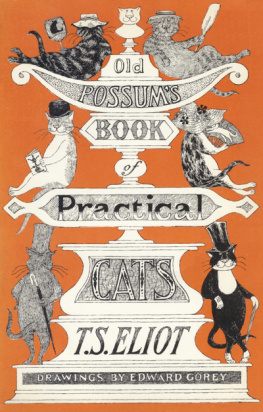
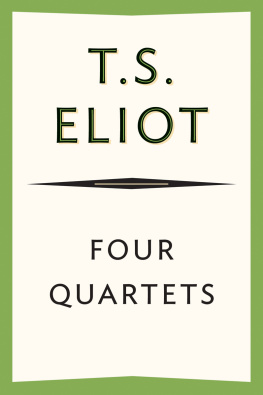

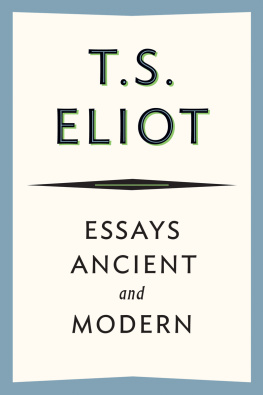
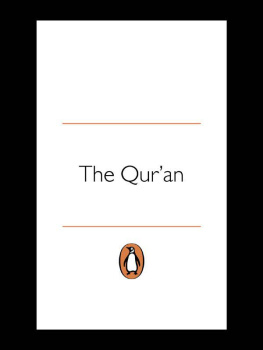
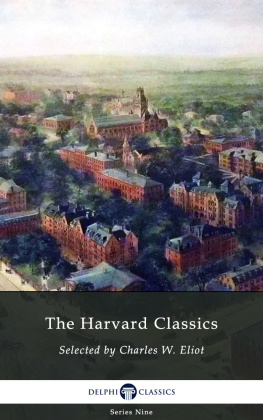
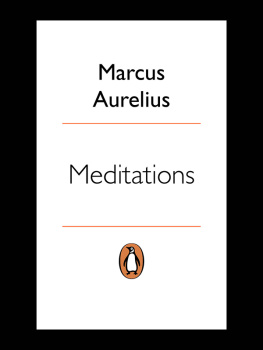
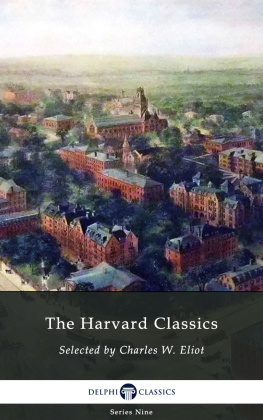
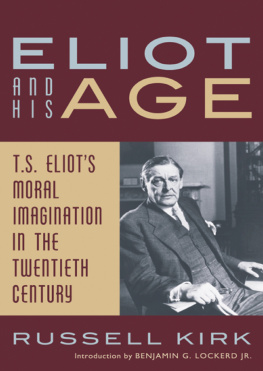
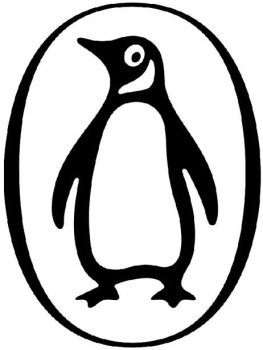


 Series policy statement from the endpages of several early Penguin Classics editions.
Series policy statement from the endpages of several early Penguin Classics editions.  1946
1946 The first Classics colour palette, applied between 1946 and 1963.
The first Classics colour palette, applied between 1946 and 1963.